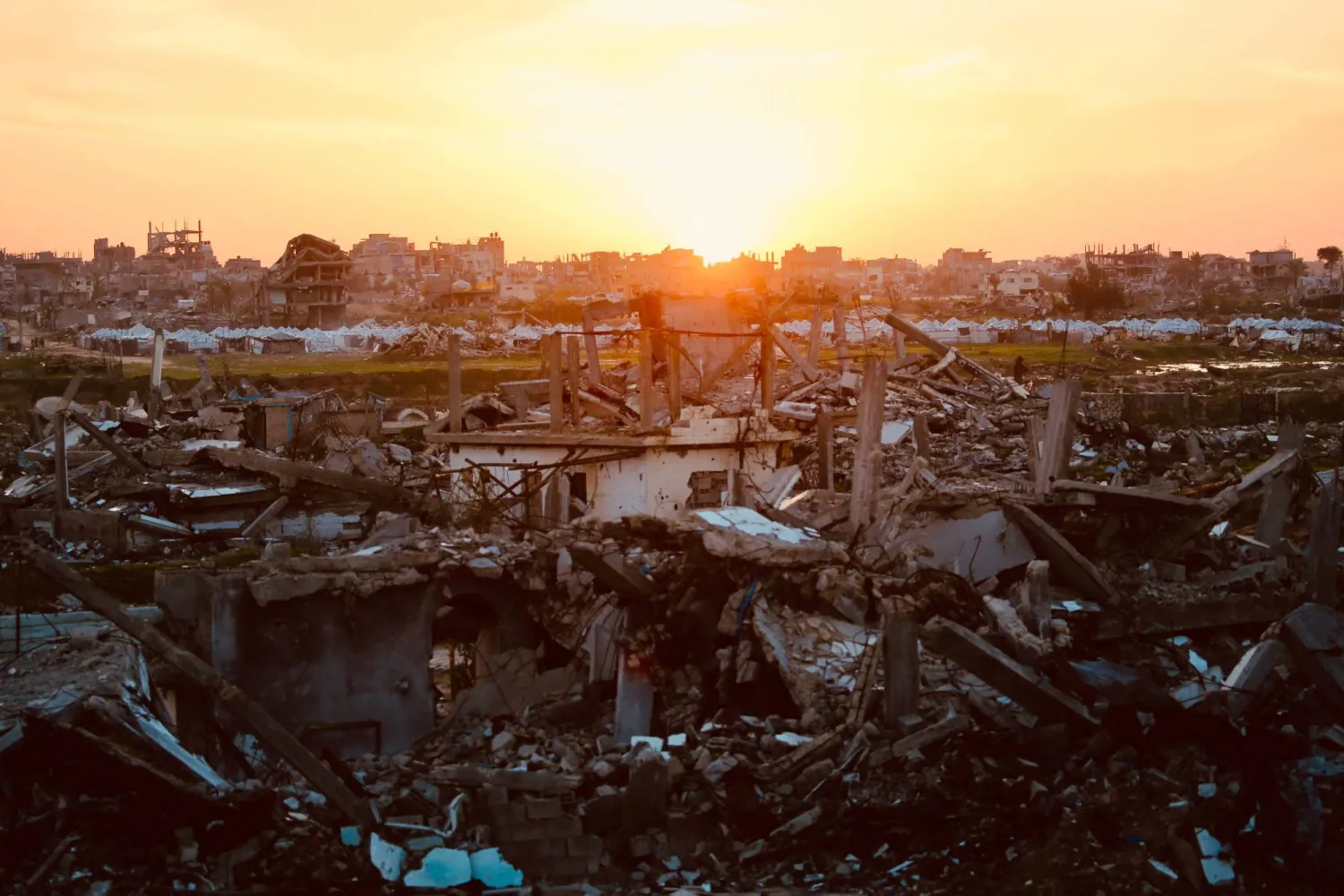The Arab League resumed some of its activities in Damascus for the first time since Nov. 2011, when Arab foreign ministers decided to suspend Syria’s membership in the Arab organization.
On Sunday, the Arab Union for Productive Families and Traditional and Developed Industries launched its regional office in Damascus, during a ceremony held at the Opera House, under the auspices of the Syrian Ministry of Social Affairs and Labor.
The Union is affiliated with the Council of Arab Economic Unity, and aims to promote social and solidarity economy, assist productive families and workers in small occupations and crafts, in addition to traditional industries. The Union also works to help the unemployed, empower them socially and economically and improve their living standard.
During a meeting in Cairo in Nov. 11, the Arab foreign ministers decided to suspend Syria’s participation in the Arab League Council and all affiliated organizations and agencies until it fully implements its pledges and provides protection for Syrian civilians. The decision was followed by the closure of Arab embassies in Damascus or the reduction of their diplomatic representation.
However, sources in Damascus told Asharq Al-Awsat that the activities of some of the organizations and agencies affiliated to the Arab League in Damascus have not stopped over the past years, such as the Radio and TV Training Center, the Arab Academy for E-Business and others.
As the Syrian regime regained control of the capital and most of the Syrian territory in 2018, with the support of Russia, the country resumed its efforts, through delegations and informal contacts, to return to the Arab League.
During a press conference in Moscow with Saudi Foreign Affairs Minister Prince Faisal bin Farhan in mid-January, Russian Foreign Minister Sergey Lavrov revealed that his country and the Kingdom of Saudi Arabia have agreed on several points related to Syria, including “its return to the Arab family (the League of Arab States).”
In this context, a statement issued by the Ministry of Foreign Affairs in Damascus said that Syrian Foreign Minister Faisal Al-Meqdad received, on Sunday, the credentials of Ahmed Adi Muhammad Al-Razi, the new ambassador of Mauritania in Damascus.
The Mauritanian embassy is the third Arab country to resume its diplomatic work in Damascus, following the UAE and Bahrain, which re-opened their embassies there in 2018 without appointing an ambassador.









